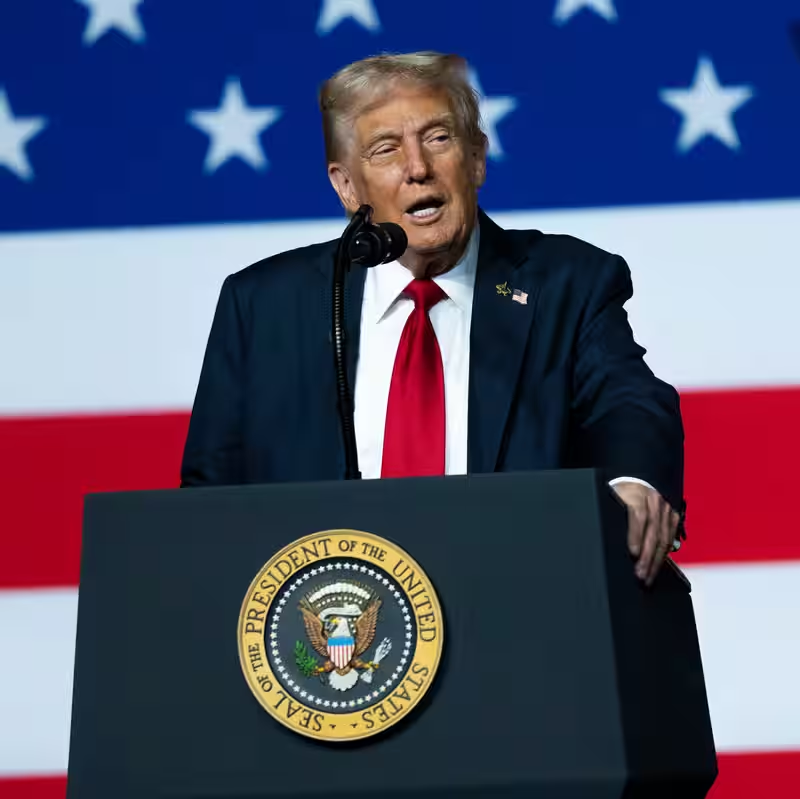Table of Contents
- Tensions Escalate Over Caribbean Strike
- Trump Responds With Aid Cut and Tariff Threats
- Colombia-U.S. Relations Fray Amid Regional Unrest
- Legal and Humanitarian Concerns Mount
- Domestic Reactions in Colombia
- Sources
Tensions Escalate Over Caribbean Strike
In a dramatic escalation of diplomatic hostilities, Colombian President Gustavo Petro has accused the United States of committing murder after a U.S. military strike in the Caribbean killed a Colombian fisherman, Alejandro Carranza. The incident, which occurred in mid-September, has triggered a fierce backlash from Bogotá—and an equally sharp response from Washington.
Petro claimed Carranza was an innocent civilian whose damaged fishing boat had drifted into what may have been Colombian territorial waters. According to the Colombian leader, the U.S. targeted the vessel under the assumption it was smuggling drugs from Venezuela—a claim the Trump administration has not substantiated with public evidence.
Trump Responds With Aid Cut and Tariff Threats
President Donald Trump, never one to shy from confrontation, swiftly retaliated. On Sunday, October 19, 2025, he announced the U.S. would halt all aid to Colombia—one of America’s longest-standing partners in Latin American counternarcotics efforts.
“Petro’s a drug dealer with a fresh mouth toward America,” Trump declared, doubling down on longstanding accusations that Colombia isn’t doing enough to curb cocaine production. The aid suspension comes on top of earlier cuts this year that slashed Colombia’s expected $400 million in U.S. assistance to just one-fourth of that amount, according to Adam Isacson of the Washington Office on Latin America.
Trump also hinted at new tariffs on Colombian imports, echoing threats he made earlier in 2025 when Petro blocked U.S. military deportations to Colombia.
Colombia-U.S. Relations Fray Amid Regional Unrest
The rift reflects deeper geopolitical tensions in Latin America. The Trump administration has deployed roughly 10,000 troops to the Caribbean—the largest U.S. military presence in the region in decades—ostensibly to combat drug trafficking but, according to officials, primarily to pressure Venezuelan President Nicolás Maduro.
Colombia, the world’s top cocaine producer, finds itself caught in the crossfire. While Venezuela produces negligible amounts of cocaine, U.S. strikes have increasingly involved vessels with Colombian or other nationalities aboard. Just last week, Colombian citizen Jeison Obando Pérez was injured in another U.S. airstrike targeting a semi-submersible vessel allegedly linked to the National Liberation Army (ELN). Obando survived but remains hospitalized with severe brain trauma.
Legal and Humanitarian Concerns Mount
International legal experts have raised alarms over the legality of the U.S. campaign. Under international humanitarian law, militaries cannot lawfully target civilians who are not directly participating in hostilities or posing an immediate threat.
“These killings appear to violate both sovereignty and human rights norms,” said one legal analyst, noting that the U.S. has only released declassified video snippets and intelligence summaries—no verifiable proof of illicit cargo or hostile intent.
Petro has urged Colombia’s attorney general to assist Carranza’s family in filing legal claims against the U.S., potentially in coordination with a Trinidadian family who lost a relative in a similar strike.
Domestic Reactions in Colombia
Within Colombia, reactions are sharply divided. Conservative presidential hopeful Vicky Dávila backed Trump, accusing Petro’s government of enabling drug trafficking. “Petro and his corrupt Government have favored drug trafficking in every way possible,” she posted on social media.
Conversely, Senator Iván Cepeda defended Petro, arguing the U.S. should address its own role in fueling the drug trade through domestic demand. “We have a dignified president, one who does not kneel,” Cepeda stated.
Sources
The New York Times: Colombia’s Leader Accuses U.S. of Murder, Prompting Trump to Halt Aid




